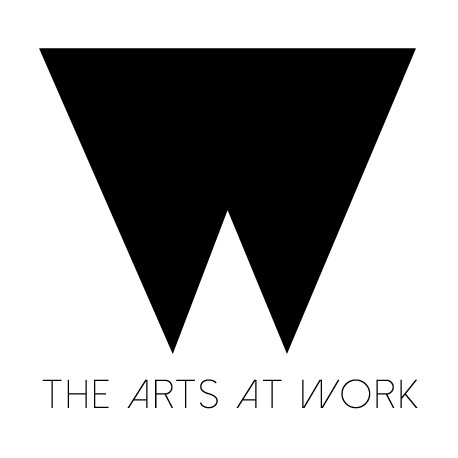The concept of the gestalt should be at the forefront of all design thinking. The gestalt principles acknowledge the importance of a “unified whole” to successful innovation. Adherence to these principles encourages cohesion and connection, and ultimately the creation of products and services that are, in their usefulness and beauty, designed to elevate the human experience.
It is often said that we inhabit a connected era, but I believe that these (hyper) links are largely superficial. Neither our society nor our workforce is unified and, in spite of the myriad methods of communication available, we are fundamentally disconnected. This disconnect is exacerbated by the artificial threads woven by technologies that exclude the perspectives of the arts and the humanities – fundamentally people-centric perspectives – from business innovation.
The prioritization of one perspective (STEM - Science, Technology, Engineering and Math) has led us into an unhealthy system. Businesses do not operate in a vacuum, and the shortsighted prioritization of STEM skills over others has created an imbalance that, if it is not mediated, may lead to disastrous results. These skewed ideals have led to a proliferation of content without content: like so many artisanal donuts, its appearance belies its lack of substance. While the perspectives of the arts and humanities are suppressed, their fruits are emptily replicated to achieve questionable ends. We require a unified approach to best solve the problems of the present and establish a thriving future.
The elevation of the arts and broad humanities into the contemporary, STEM-dominated dialogue will not only empower us to connect meaningfully, it will help us to solve many of the issues that perplex us. At last, the arts and humanities are finding allies in STEM culture and businesses, who recognize that systems must be complete to function well.
The triple bottom line is dependent on the health and safety of people and planet, and a unified economy will help us to innovate and advance sustainably. A workforce which equally incorporates perspectives from the sciences, the arts and the humanities will encourage balance and reciprocity, which can deepen comprehension and propel innovation and creativity in ways that are best for culture, commerce and community.
Adapting the gestalt to our commercial sector will facilitate the plurality of skills and perspectives that will advance the triple bottom line of sustainability. It will help us to repair the fractures and fortify our futures that, though inevitably imperfect, can be continually improved upon.
WÆRK is rooted in the gestalt, and brings people, ideas and products together in ways that encourage a thriving triple bottom line. We provide the missing pieces to organizations who understand that the processes of business as usual are incomplete. We encourage our clients to adopt a new way of working, of building and of thinking, so that they may provide the people who buy their products and services with the experiences they want and need.
A lopsided economy will ultimately collapse. An economy that is a unified whole of many modes of thought and practices will flourish, by developing understanding in the present to advance sustainably in the future.
Photo by Ingram Publishing/Ingram Publishing / Getty Images








